Home to around 790,000 people – with more than half of the population having a migrant background – the central German city of Frankfurt am Main is a bustling place.
With a lively hospitality sector, a strong jobs scene and lots of surrounding nature, it’s no wonder the city was named the seventh best place to live in the world in 2022 in a ranking by the Economist Intelligence Unit (EIU).
READ ALSO: Frankfurt among the ‘world’s most liveable cities’
In a recent survey by The Local, respondents told us that Frankfurt is an international city with a small-town feel.
Richard Davison, 45, who lives in the Sachsenhausen area of Frankfurt, said: “In my opinion Frankfurt is a special city as it is very international. As people come for work, it seems that it is very welcoming as many people are new, or have not lived in the city for a long time.
“There is a wide variety of affordable cuisine, bars and hospitality. It is a big city feel in a small city. What makes it special is the green spaces and surrounding nature: Taunus, Spessart, Odenwald and the Rhine and vineyards. Trains and flights are also so easy from Frankfurt.”
Natalie, 39, who lives in the Taunus area, said the best things about Frankfurt are “the beautiful, green Taunus surrounding areas, the mixture of new architecture and old, the riverfront and beautiful bridges, the airport and HBF (main station) which are awesome access points to so many places in Europe.”
Our readers – many of whom are non-German themselves – said they recommended Frankfurt as a place to live, and even gave some recommendations on where to put down roots.
Michael Schacht, 31, said Frankfurt is “absolutely” a good place for international residents. “I believe I’ve read it’s the most international city in Germany and you hear all sorts of languages when walking around the city from English to French to Arabic and Mandarin.
“It’s really international and when living here, it’s easy to meet and make friends with people from all over the world.”
Smruthi Panyam said: “Frankfurt has a good expat population in the finance industry. It is a comfortable city to live in and the best city if you want to have ease of travel.”
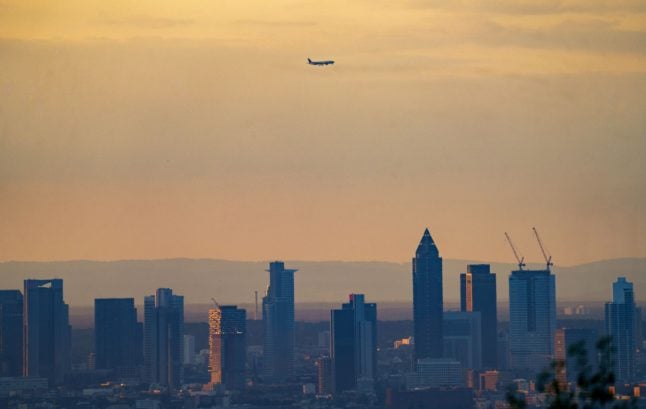
Natalie, in Taunus, said Frankfurt is “very international”.
“Every store employee or barista speaks English in the city,” she said, adding that there are lots of international schools and expat meet-ups.
A few readers said Westend Süd and Nordend were good areas to live because they are well connected, while hotels close to Römerberg were recommended for visitors.
READ MORE: ‘A megacity on a small scale’: An insiders’ guide to Frankfurt
Cara Schaefer said Bockenheim was “close to to the main station and Frankfurt Fair, but far enough away to be a bit quieter and out the way of all the hassle and bustle of city centre”.
Simon Slade, 70, in Wehrheim, said Bornheim is a great area for city people.
He added: “The other side of the Taunus (is good) if you want peace and quiet and beautiful countryside but easy access to the city – 30 minutes drive or S-Bahn.”
And there’s a strong argument for getting out into other areas of Hesse around Frankfurt.
Alison Ward, 69, moved from Scotland to Frankfurt in 1981 when “trams still ran through the Hauptwache”.
Ward then went onto live with her late husband in Hofheim am Taunus and she recommended the city on the outskirts of Frankfurt, as well as Bad Homburg.
“The nicest thing about Hofheim is that it actually has a ‘Stadtmitte’ (town centre) where you really feel that you are in the heart of town,” said long-time Hofheim resident Ward.
READ ALSO: My time in Germany – How a year in Marburg changed everything
“As with all towns everywhere, there is a lot of history hidden in the bricks and mortar. Visit first of all your neighbourhood, and expand from there!”
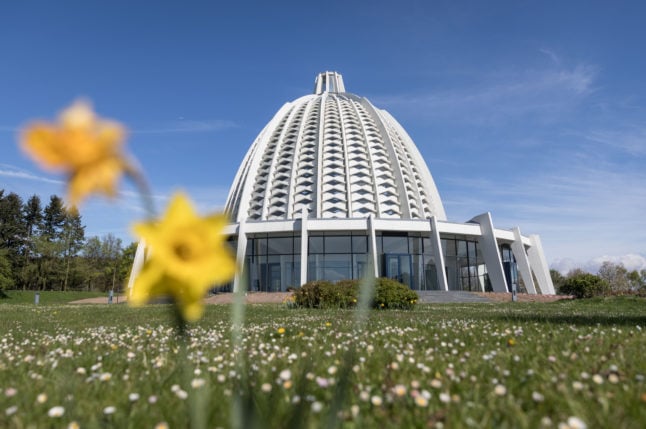
What could be improved?
Like everywhere, life is far from perfect in Frankfurt and a lot of things could be better.
Some people said they would like to see cleaner and more modern transport facilities, as well as better public transport links round the clock.
Other readers said they’d like to see improvements to areas such as the Bahnhofsviertel, which is known for drug use.
Angeeka Biswas, 34, said the rent situation needs to be improved. Like other cities in Germany, rents are high – and climbing – in Frankfurt, and it can be difficult to get a flat.
Simon Slade urged authorities to reduce the speed limit in the city to 30km per hour.
Some readers said they’d like to see more events for English speakers.
Others pointed to cultural differences – like the strict German custom of closing shops on a Sunday.
“Frankfurt has improved a great deal since I first moved here, although supermarkets open on a Sunday would be great,” said Nichola.
Meanwhile, Alison Ward said the cost of public transport should be reduced to make travel around the Frankfurt area and surrounding cities cheaper.

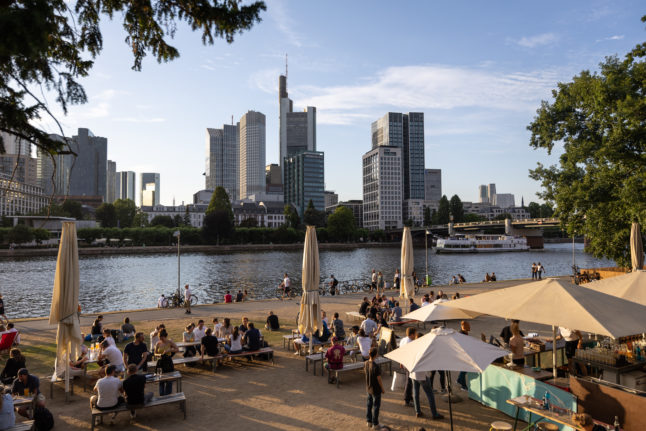
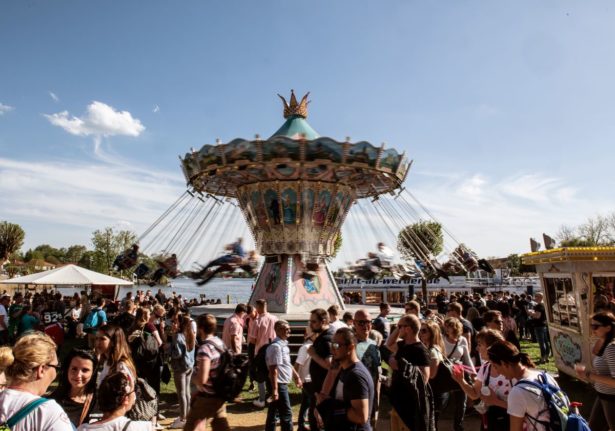
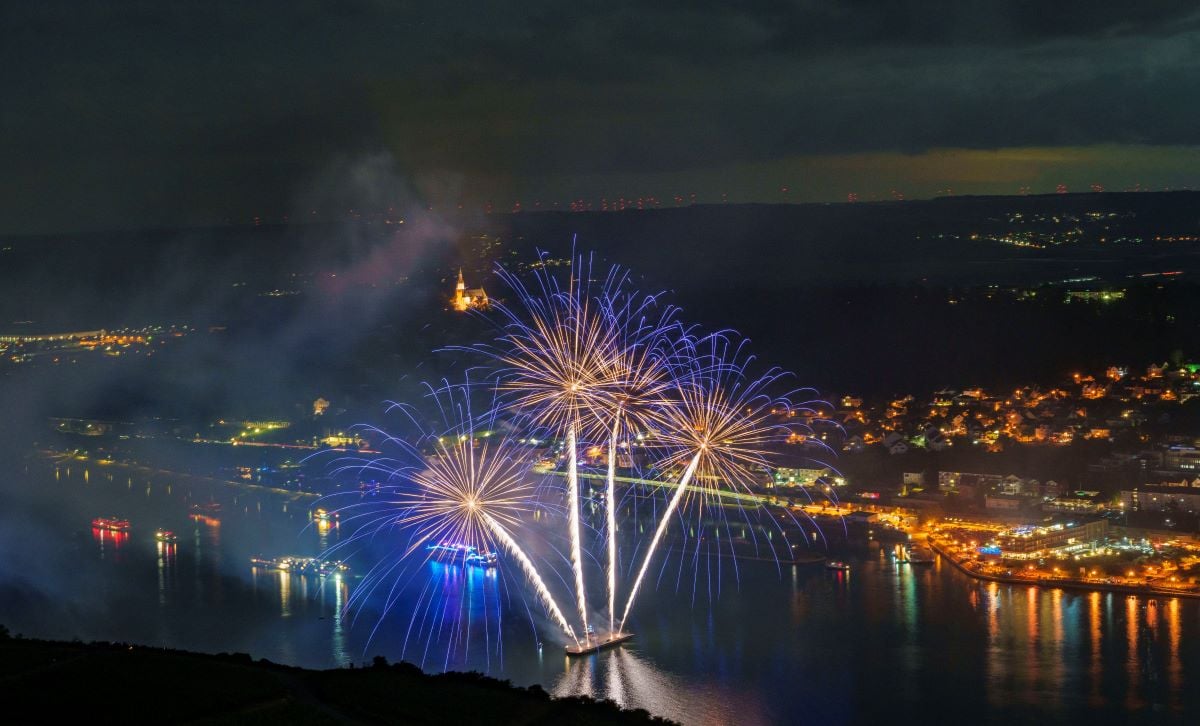
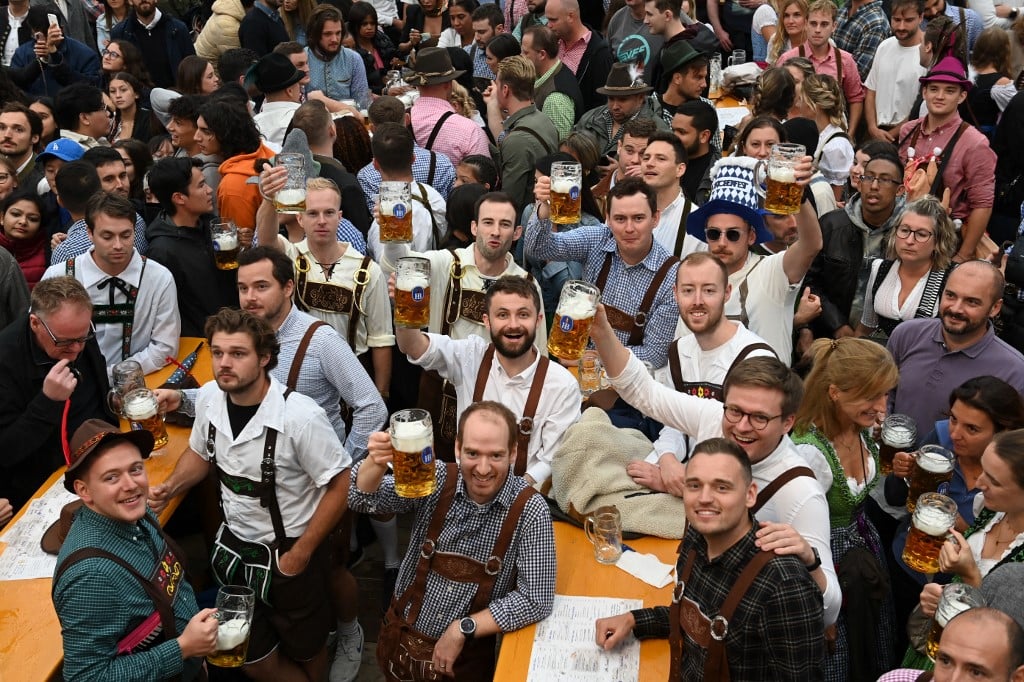
 Please whitelist us to continue reading.
Please whitelist us to continue reading.
Member comments